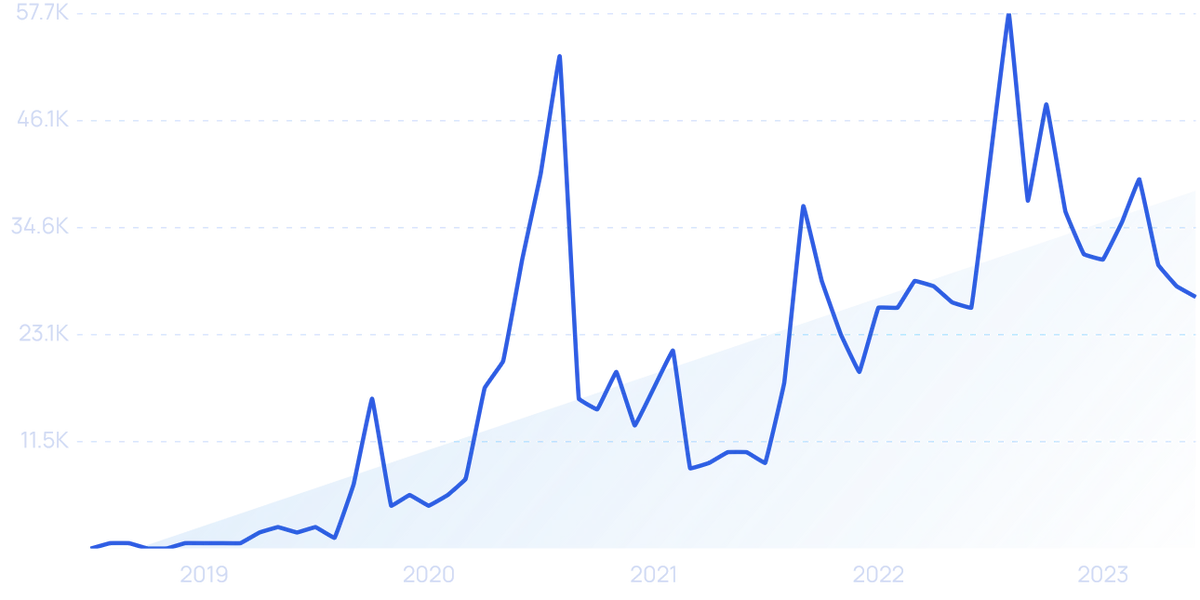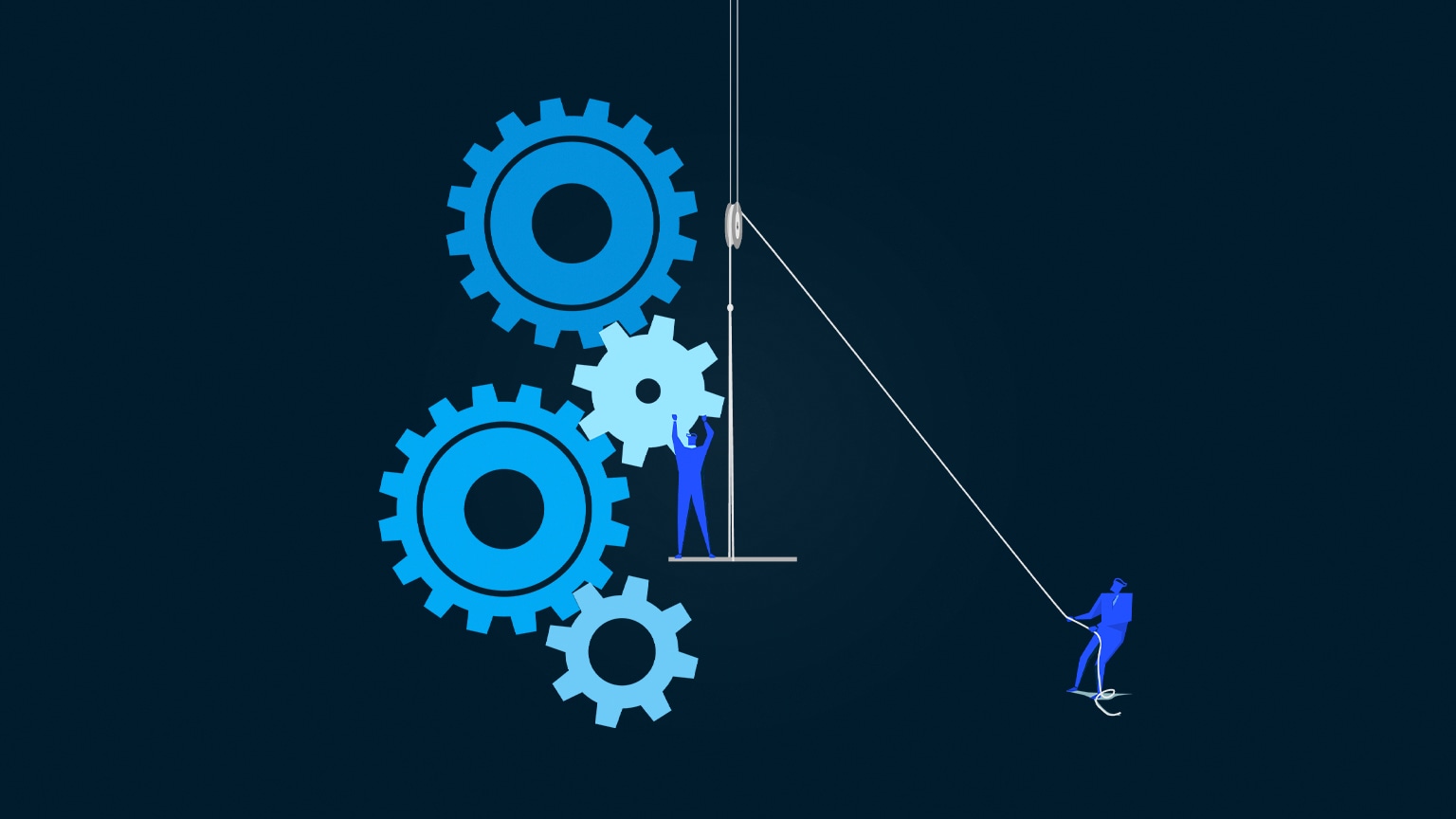- Nomad Consulting
- Posts
- Are You Falling Behind? The AI Wave is Here
Are You Falling Behind? The AI Wave is Here
Don’t Miss Out on the Competitive Edge!

Table of Contents
As of 2024, about 33% of U.S. companies are using AI in production across at least one business function. This adoption rate is considered relatively low compared to other global leaders like India (59%) and the UAE (58%).
AI adoption is especially prevalent among larger enterprises. Over 50% of U.S. companies with more than 5,000 employees have implemented AI. Adoption tends to be concentrated in specific sectors, with industries such as information technology and professional services leading the charge.
82% of global companies are either using or exploring the use of AI in their organization.
AI as an Enabler of Competitive Advantage
AI is not just a tool, but a critical enabler for businesses to gain a competitive edge by streamlining operations, enhancing decision-making, and driving innovation across industries.
Companies with proprietary data or unique AI algorithms will be the ones that win in their market.
AI significantly boosts operational efficiency by automating routine tasks, such as processing forms or identifying duplicates in datasets, allowing employees to focus on higher-level work.
This also translates to faster decision-making and cost savings, as seen in industries like banking and insurance, where AI-driven automation reduces customer wait times while maintaining vigilance in detecting fraud.
AI enables real-time optimization of processes, especially in sectors like retail and manufacturing.
AI can instantly recalibrate marketing campaigns or product launches based on real-time data, ensuring businesses maximize sales without cannibalizing other product lines.
This real-time adaptability is becoming a cornerstone for competitive success.
One key advantage of AI is its ability to analyze large datasets and identify hidden trends or patterns, providing businesses with deeper insights into market shifts and customer behavior.
This capability allows companies to anticipate future trends and adjust their strategies, giving them a significant edge over competitors still relying on conventional data analysis methods.
AI can be used in demand forecasting, risk management, and customer segmentation, helping businesses optimize resource allocation and reduce costs.
The Future of AI and Agent Development
In the podcast, Invest Like the Best, Patrick O'Shaughnessy interviews Bret Taylor, who’s career highlights include building Google Maps, serving as CTO at Facebook, co-founding Quip, and acting as co-CEO of Salesforce.
AI agents as a critical evolution in technology, defining them as systems that can reason and take autonomous actions without human intervention.
Taylor breaks down AI agents into three key categories: business-facing agents, persona-based agents, and personal agents.
These systems are expected to transform industries by handling tasks traditionally performed by humans, such as customer service, software development, and personal management.
Bret Taylor believes AI agents will enhance productivity and reshape how we interact with technology, moving from static apps to dynamic, interactive systems that improve over time.
AI agents as transformative tools that will give businesses immense leverage, enhancing their capabilities in ways competitors may not be able to replicate quickly.
AI agents are poised to transform a wide array of professions by shifting roles from task execution to system management and high-level decision-making.
As Bret describes in the podcast, “one of the very exciting parts of AI and AI agents specifically is it removes a lot of the gatekeeping in a lot of professions... I do think that the point on leverage that you made, which is software engineers become even higher leverage, especially the most exceptional ones, is true. I feel like the act of being, say, a software engineer is going from someone whose job it is to emit code on a keyboard, to being the operator of a code-generating machine. And the people who learn how to do that really effectively will be able to operate at some incredible scale.”
AI agents are set to transform how work is done, allowing fewer people to achieve more. By making complex systems more manageable and automated, AI agents enhance productivity and speed, which can translate into significant competitive advantages.
Reduction in Human Intervention
A significant aspect of these agents is their ability to operate autonomously, requiring little to no input after initialization.
Autonomous agents can make sense of complex data, offering optimized solutions in areas like financial risk management or large-scale marketing campaigns.
This evolution marks a shift from task-based systems that require direct human input to agents capable of achieving broader, goal-oriented outcomes.
Customer Service Transformation
AI agents are transforming the way businesses handle customer service inquiries by automating routine tasks and resolving common issues.
Companies like Lenovo are utilizing AI bots to handle up to 80% of customer interactions, drastically reducing wait times and improving satisfaction.
These agents can access real-time data to provide accurate responses, freeing human agents to manage more complex or emotionally charged situations.
As AI becomes more advanced, customer service professionals are transitioning to supervisory roles, refining AI performance and focusing on improving customer experience strategies.
Impact
Customer service roles are shifting from front-line problem-solving to overseeing and refining AI systems, allowing human agents to handle more complex cases and improve overall service quality.
Sales and Marketing Transformation
Sales and marketing professionals are increasingly relying on AI agents to enhance their productivity and creativity.
AI tools automate tasks such as data analysis, campaign optimization, and even content creation, enabling marketers to focus on developing high-impact strategies.
Lenovo’s marketing teams have seen a 90% reduction in the time required to create pitch books by leveraging AI.
As AI takes over routine data-driven tasks, marketers are free to concentrate on innovation, customer engagement, and personalized messaging that resonates with target audiences.
Impact
Sales and marketing professionals are evolving into strategists who focus on the creative and human elements of campaigns, while AI handles data analysis, content generation, and even predictive customer interactions.
Research and Development Transformation
AI agents are proving indispensable in research and development by automating complex simulations, testing hypotheses, and analyzing large data sets.
In fields like pharmaceuticals and engineering, AI systems can run detailed simulations of potential outcomes, reducing the time and cost associated with traditional R&D methods.
Researchers are shifting from manual data analysis to overseeing AI-driven experiments, interpreting results, and directing future projects.
This allows for faster innovation cycles, bringing new products and solutions to market more quickly and efficiently.
Impact
Researchers are becoming managers of these AI-driven processes, focusing on interpreting AI-generated results and using them to guide future projects.
Strategic Importance of AI for Future Competitiveness
AI is also critical for future-proofing businesses. Bret Taylor emphasizes that AI agents will reshape industries by becoming a meaningful part of how people interact with technology.
This anticipates a future where businesses that integrate AI at a foundational level will be better positioned to adapt to evolving customer needs and competitive pressures.
Taylor mentions that these AI agents can enhance the productivity of the best engineers, which can lead to the creation of superior products and more efficient systems.
AI agents are fundamentally changing roles by automating routine tasks and enhancing the scope of human decision-making.
Professionals are evolving into overseers of AI-driven systems, focusing on higher-level functions such as strategy, creativity, and complex problem-solving.
AI agents, designed to understand complex systems, will enable smaller, high-functioning teams to outperform larger organizations burdened by inefficiencies.
These capabilities will give companies the agility to innovate rapidly and adapt to market changes, enabling businesses to lead in their respective industries.
The question is no longer if AI will impact your business—it’s how fast you can integrate it to gain the upper hand.








